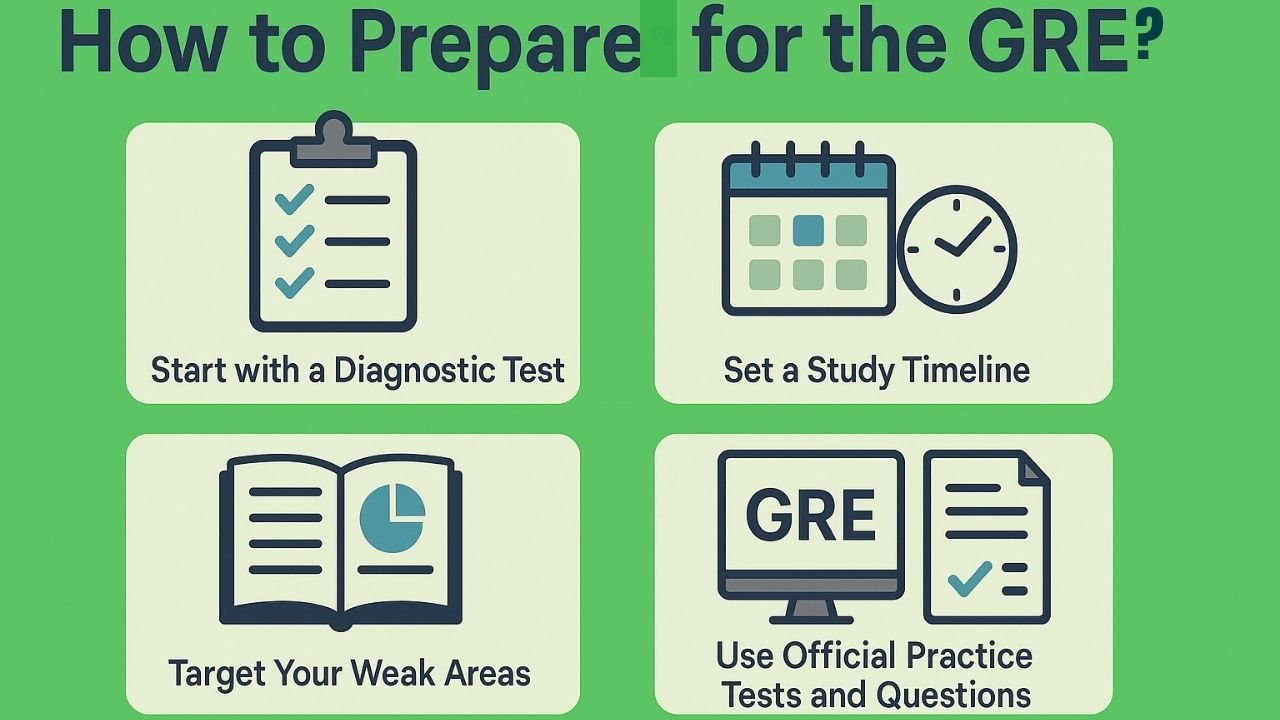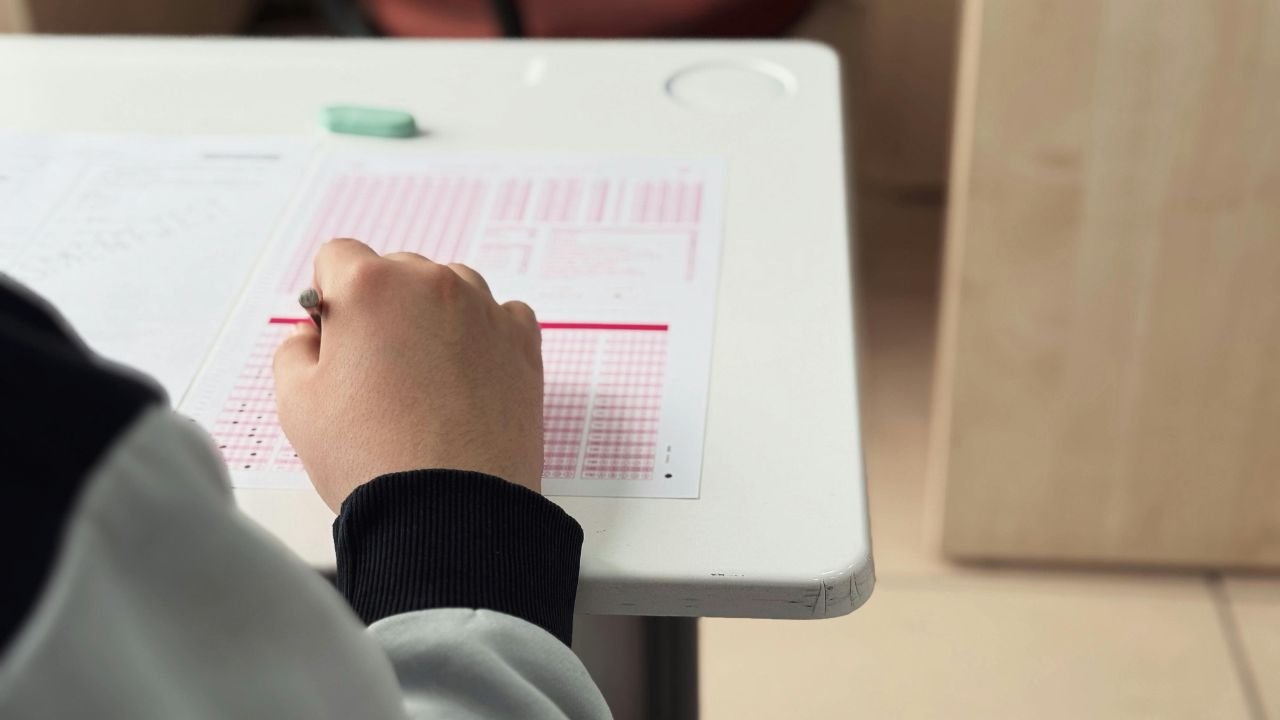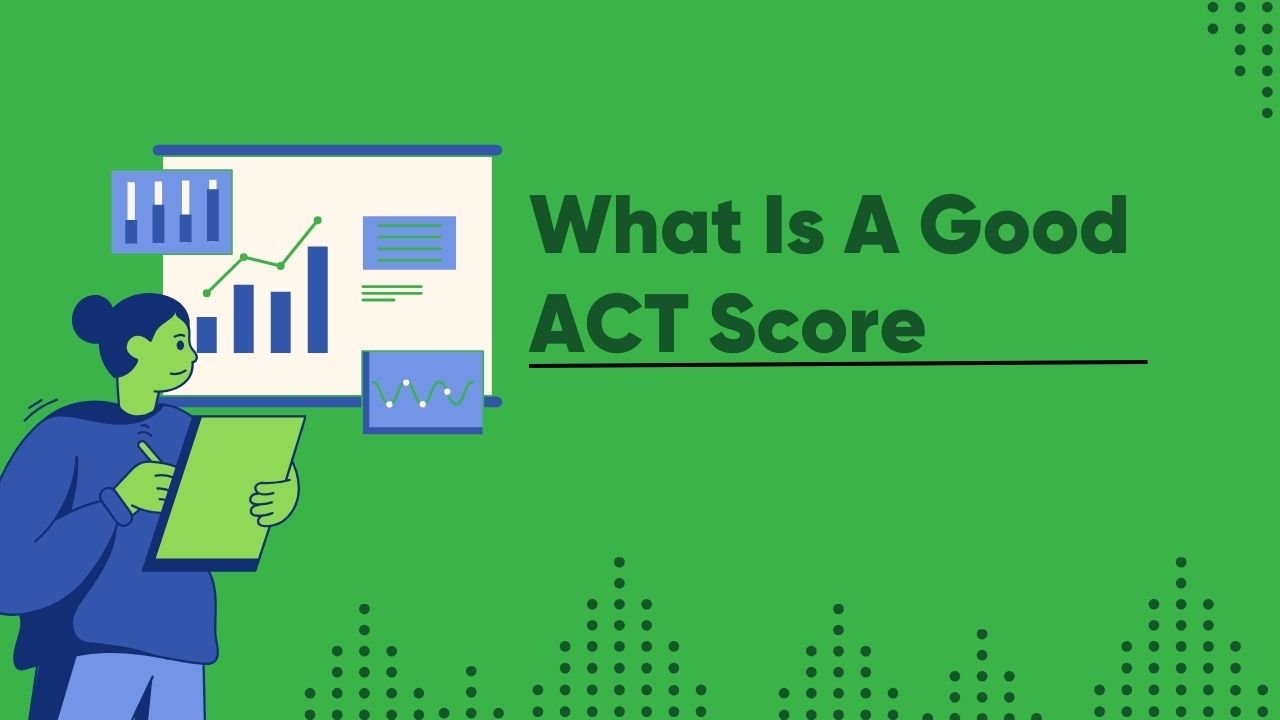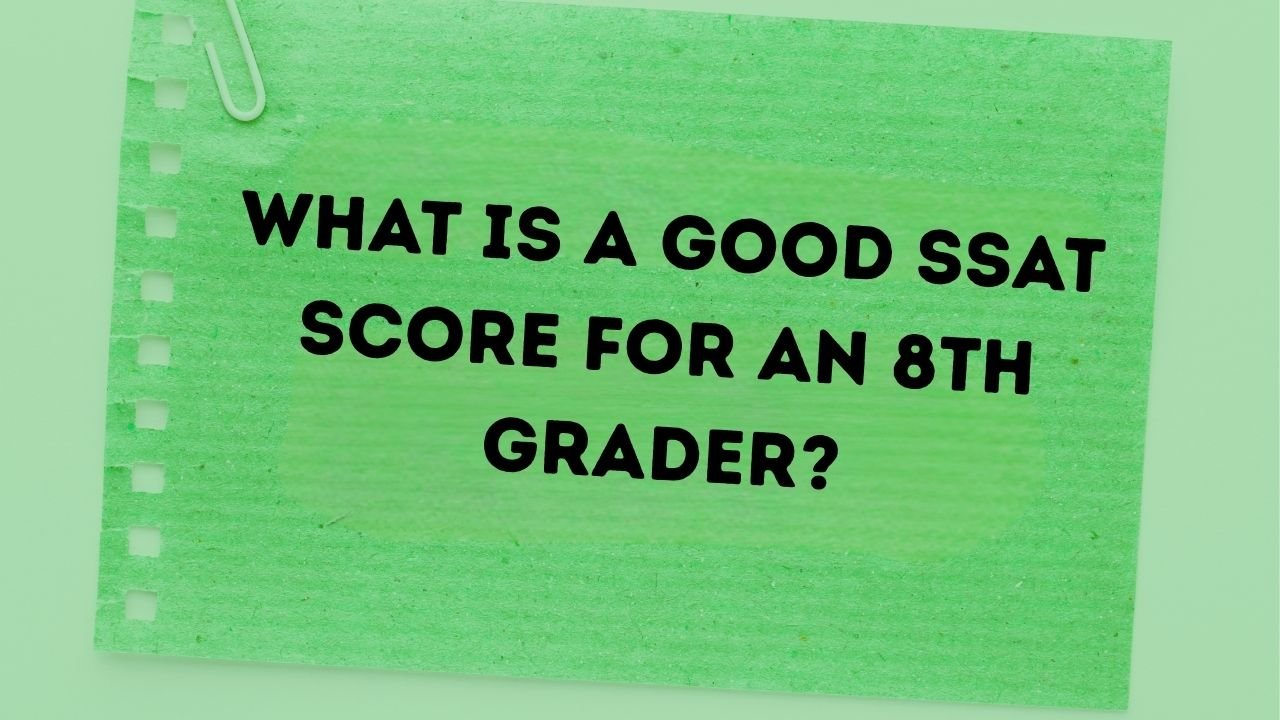The best way to prepare for the GRE (Graduate Record Examination) is to start with a diagnostic test to identify the weak areas. Then follow a structured study plan that includes targeted review, timed practice, and vocabulary building. Use official GRE materials and full-length GRE practice tests to build endurance. Consistency, not cramming, is key to improving both section scores and test confidence.
The GRE (Graduate Record Examination) is one of the most widely accepted exams for graduate admissions in 2025, including STEM programs, social sciences, and many MBA programs. While the test itself hasn’t changed dramatically in structure, what has changed is how schools interpret scores and how students prepare for it.
To succeed, students need clarity, not just motivation. A good plan begins with honest self-assessment, real tools, and focused review. Here is how to prepare for the GRE and get to know about “Should I take the GRE or GMAT for MBA?” and “Which is better, GRE or GMAT?”
7 Best Way to Prepare for the GRE Step-by-Step
Preparing for the GRE can be overwhelming if you don’t know what and how to start studying. These tips will surely be helpful for you.
1. Start with a Diagnostic Test
This is the key part of preparing for the GRE. Start with a full-length diagnostic test under timed conditions. You can use the free ETS PowerPrep test. Once it is completed, check carefully which sections were difficult and note down how long they took. Check where you excel with less time. This will help you understand your weak area so you can plan accordingly.
2. Set a 6- to 12-week Study Timeline.
A typical prep window is 2–3 months. Block out 5–10 hours per week. Increase time as the test date nears.
3. Target Your Weak Areas
Once you have identified your weak area, it will be easier to create a structured study plan accordingly. This is the best way to prepare for the GRE without feeling stressed or burned out. For a comprehensive approach, you can:
- For Verbal: Focus on vocabulary-in-context, reading dense academic passages for verbal reasoning, and learning how ETS asks questions.
- For Quant: Review math concepts (ratios, exponents, word problems) and solve with accuracy before worrying about speed.
4. Use Official Practice Tests and Questions
It is recommended to use the material from ETS instead of studying from third-party books. Stick to the question types you’ll see on test day. Build test-day familiarity, not just content confidence. Free practice GRE questions combined with a GRE practice environment will enhance your learning experience. You will be less anxious in the end about the office test than others.
5. Practice Essays With Time Limits
Time limit is your biggest enemy in the standardized test. Don’t skip writing. Practice both essay types. Use a simple structure, clear transitions, and evidence-based arguments. ETS prefers clarity over creativity.
6. Build a Mistake Log
Each time you miss a question, log:
- The topic (e.g., geometry, inference)
- The reason (e.g., rushed, misunderstood, guessed)
- A fix (e.g., review formula, read slower)
This will help you figure out where you are lacking in the best way possible. This log is the key to real improvement.

7. Simulate Real Tests Every 2 Weeks
Practice for GRE tests is essential. This is another way to prepare for the GRE. Practice tests will help you to simulate the real test conditions within a limited time. Take full tests at the same time and setting as your actual GRE. Review performance in detail. Adjust your study focus based on weak patterns.
Which Is Better GRE or GMAT
It is not surprising to see students choosing the best between the GRE Vs GMAT. Both of these tests are explained here.
| Factor | GRE | GMAT |
|---|---|---|
| Accepted For | Most grad programs + many MBA programs | Mainly business schools (MBA, MFin) |
| Mathematical Focus | Slightly easier, more straightforward | More logic-heavy, with Data Sufficiency |
| Verbal Focus | More vocab-based, text-heavy | Grammar-heavy, less vocabulary |
| Scoring | 260–340 total (160 verbal + 160 quant) | 200–800 composite score |
| Flexibility | Useful for more types of grad school | Primarily for business school applicants |
If you’re applying only to business school, the GMAT may be a better fit. However, if you’re exploring options, the GRE is broader. So when asking “should I take GRE or GMAT for MBA?“, base your decision on the programs you’re targeting and where your strengths lie.
Top Resources for GRE Preparation
Properly preparing for the GRE depends on where you are preparing from. The following are the GRE prep resources that will offer you the most valid questions and information.
| Resource | Purpose / Best Use |
|---|---|
| ETS PowerPrep Online | Official free full-length tests with accurate timing and scoring |
| Ivy Learning & Test Prep | Offers personalized, SAT, and ACT Tutoring, Essay Writing Help, College Admission Counseling, and more to help you succeed |
| Magoosh | Affordable online platform with video lessons, practice questions, and apps |
| Manhattan Prep | In-depth printed guides and structured online classes for verbal + quant |
| Target Test Prep (TTP) | Best for students who need step-by-step quant review and diagnostic tools |
| Quizlet | Great for daily vocabulary practice using flashcards |
| Notion / Google Sheets | Ideal for tracking study habits, error patterns, and weekly progress |
Make sure to follow a consistent and structured study plan for the best experience, which includes taking a GRE practice test.
GRE Prep and Test Choice FAQs
Here are the questions regarding the GRE prep and test choice answered:
What is the best way to prepare for the GRE?
Start with a diagnostic test, target your weak areas, and follow a structured plan using official GRE materials, timed practice, and consistent review. Simulate real test settings regularly.
Should I take the GRE or the GMAT for MBA?
Take the GMAT if you’re applying to top MBA programs that prefer it. Take the GRE if you’re applying to multiple graduate fields. If the school accepts both, then both of these are good to go, whatever suits your strengths.
Which is better GRE or the GMAT?
GMAT is favored by most programs, but GRE is also acceptable for a wide range of programs. However, the better depends on the test taker and the program you are going for.
How long should I study for the GRE?
Most students study for 2 to 3 months, with 5–10 hours per week. Strong math or verbal students may need less; those with test anxiety or limited practice may need more.
Can I prepare for the GRE without a class?
Yes. Many students use self-paced tools, official guides, and a consistent schedule to improve their scores. A class is helpful but not required.
Conclusion
The GRE rewards discipline more than raw talent. It doesn’t test obscure facts, it tests how well you think, read, calculate, and write under pressure.The best way to prepare for the GRE is to keep your routine simple, your study targeted, and your mindset steady. Don’t jump from book to book. Instead, build a few strong habits and practice them until they feel automatic.
If you’re still asking, “Should I take the GRE or GMAT for MBA?” start by checking what your target programs accept and then try a diagnostic for each. Don’t navigate GRE prep alone, join our online GRE prep course and get access to proven strategies, practice tests, and expert support.









